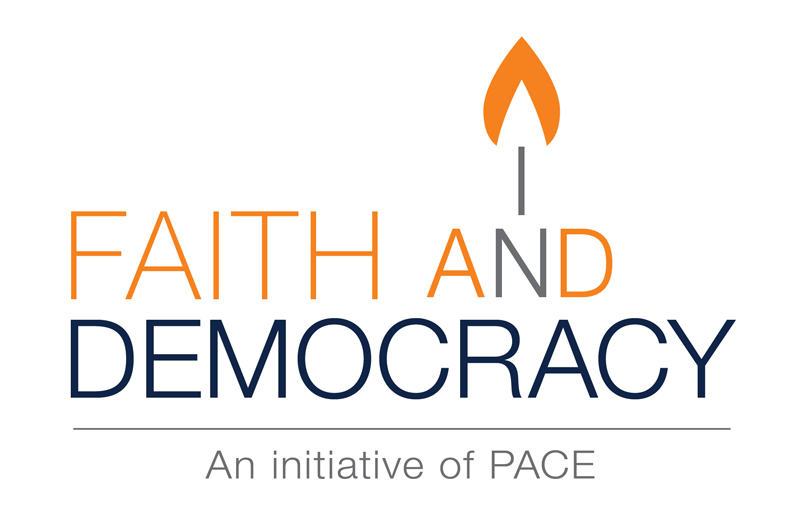The Henry Luce Foundation is proud to join Philanthropy for Active Civic Engagement (PACE) and other funding partners as part of the Faith In/And Democracy Learning Community. Starting its third year, the initiative will explore the ways in which faith and faith communities support democracy and civic life.
“As our democracy faces a mounting range of complex challenges, we have a collective responsibility to deepen our understanding of the role of diverse faith communities in a thriving democratic culture, and to critically explore the wide range of public locations in which religious ideas, and ideas about religion, are produced and circulated,” said Jonathan Van Antwerpen, Program Director of the Luce Foundation’s Religion and Theology Program. “We deeply appreciate PACE’s leadership of the collaborative efforts this work requires, and we are grateful for the opportunity to learn alongside an innovative group of philanthropic peers and organizational partners.”
Faith In/And Democracy is a funding and learning initiative led by Philanthropy for Active Civic Engagement (PACE) to explore the ways faith and faith communities support democracy and civic life.
Today, PACE announces the expansion of this initiative heading into its third year. The Henry Luce Foundation and the McKnight Foundation join the Fetzer Institute, the Democracy Fund, Lippman Kanfer Foundation for Living Torah, and the Ford Foundation in pooling resources to support organizations working at the intersection of faith and democracy. These combined contributions will enable the three-year pooled fund to distribute over $1 million in grants by August 2022.
Grantees of the Faith In/And Democracy initiative join funders and faith leaders in a year-long peer Learning Community that serves as a “laboratory” to test key questions about the influence of faith communities on democracy and civic life; specifically, how faith leaders and organizations inspire civic leadership, build civic character, preserve and sustain civil rights, and support and bridge their communities through cultural flashpoints.





